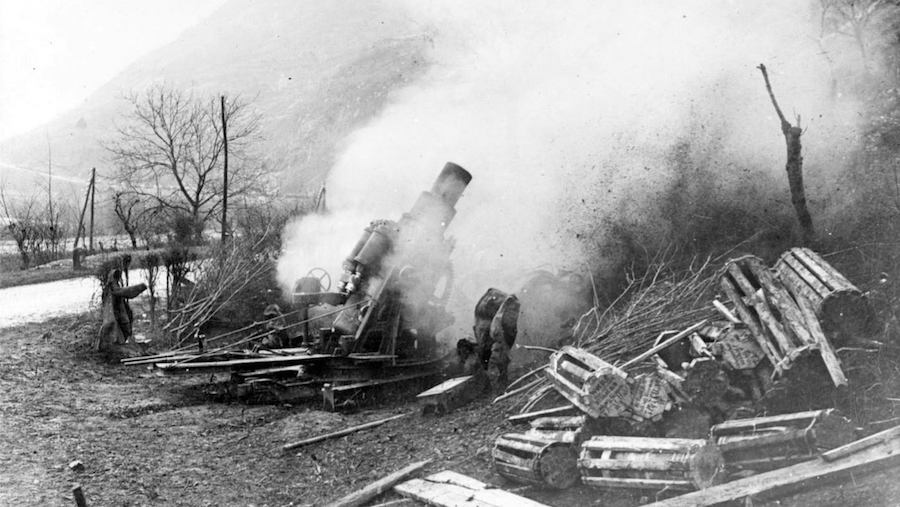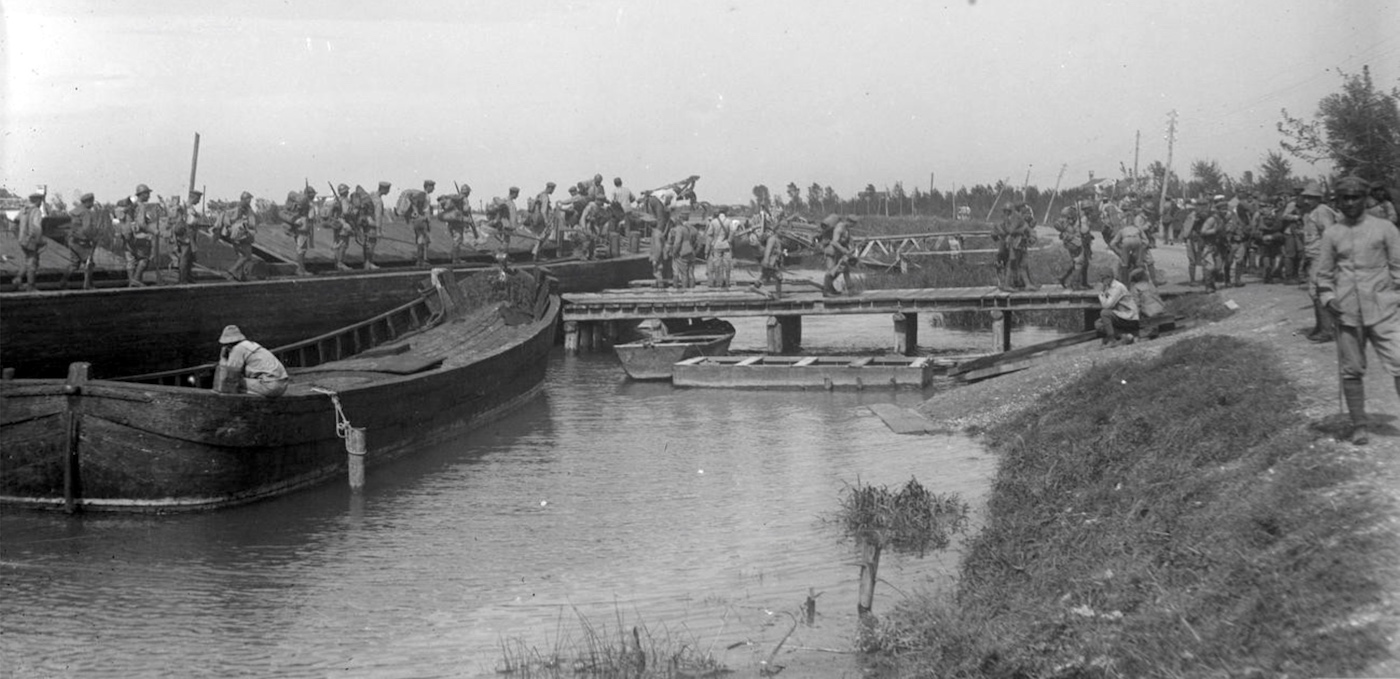
Second Battle of the Piave River
Failed Austro-Hungarian offensive
15 - 23 June 1918
The Second Battle of the Piave River took place on the Italian Front of World War One. It was a decisive victory for the Italian Army against the forces of Austria-Hungary. Although its effects were not immediately apparent, it soon became clear that it was only a matter of time before the Austro-Hungarian forces would collapse.
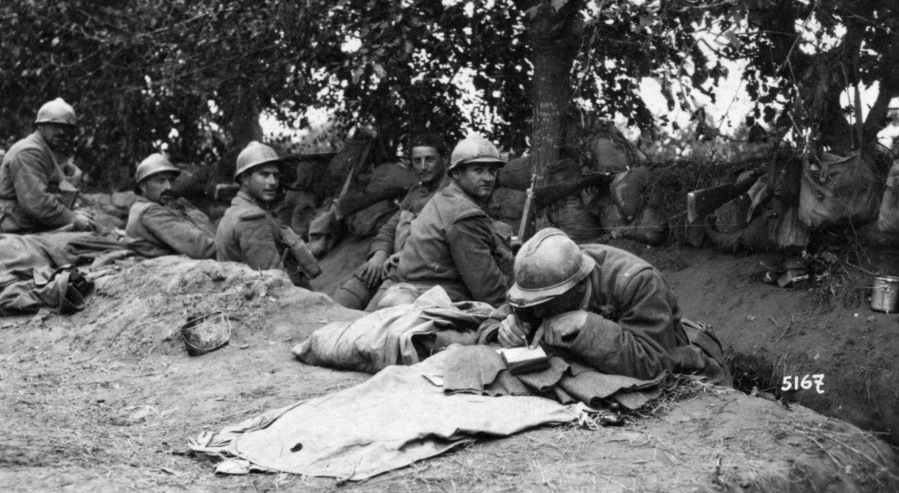
1 of 2
The Piave and Trent fronts were relatively quiet during the early part of 1918. Both sides had suffered too much to gather their resources easily for another offensive.
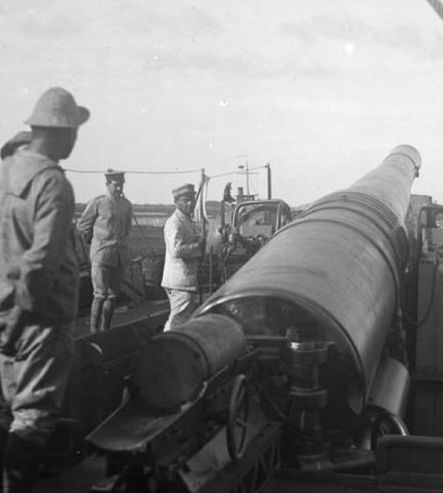
2 of 2
As at Caporetto, the Austrians aimed to incapacitate the enemy batteries with a pinpoint attack, including gas shells. However, their accuracy was poor, due to Entente control of the skies; many of the shells may have been time-expired, and the Italians had been supplied with superior British gas-masks. Too many Austrian guns were deployed in the Trentino, a secondary sector; some heavy batteries had no shells at all; and there was no element of surprise.
The Italians had by now been thoroughly admitted to the inner circle of the Entente. Much effort was expended on improving standards of training and inculcating a working knowledge of the new tactics. Thus Armando Diaz, the Italian Chief of Staff, reorganized his lines to secure defense in depth. He prepared defense works not only on the Piave but also covering the Brenta, Adige and Po rivers. In addition, a leaf was taken out of the Belgian book, in that preparations were made to inundate the floodplains should disaster loom at the hands of the Austrians.
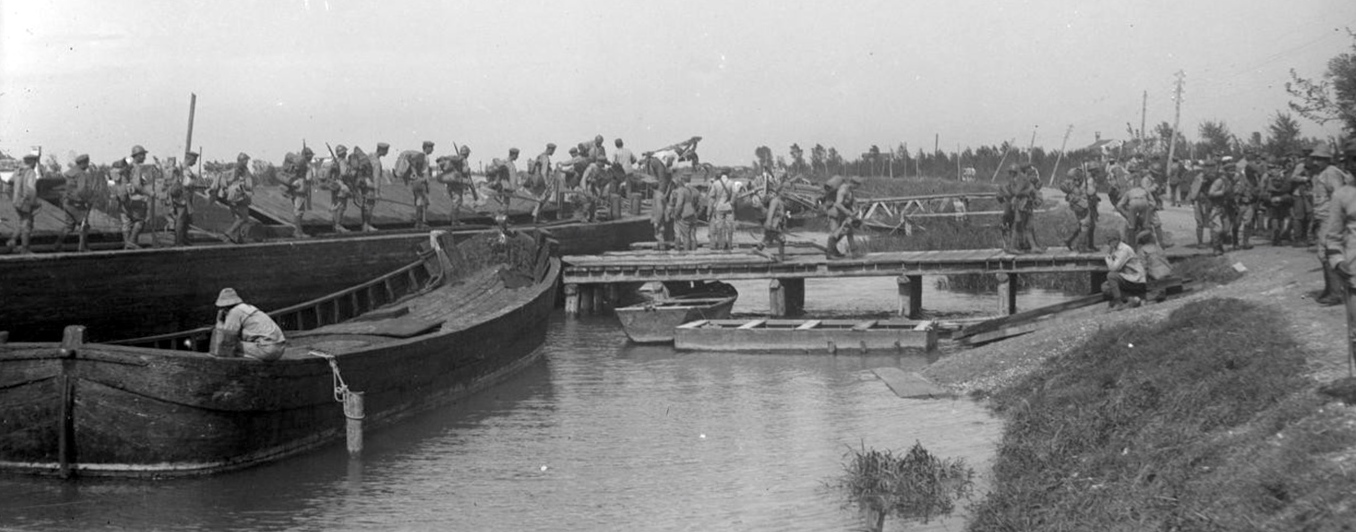
1 of 1
Throughout the spring and summer of 1918, as matters hung in the balance in France, Diaz, determined to give his army time to recover from the Battle of Caporetto, declined to attack until ordered to do so by Premier Orlando in October.
- Peter Hart, The Great War: A Combat History of the First World War, Oxford University Press, Oxford, 2013
- Peter Simkins, Geoffrey Jukes, Michael Hickey, Hew Strachan, The First World War: The War to End All Wars, Osprey Publishing. Oxford, 2003
- Mark Thompson, The White War: Life and Death on the Italian Front 1915-1919, Faber and Faber Limited, London, 2008






